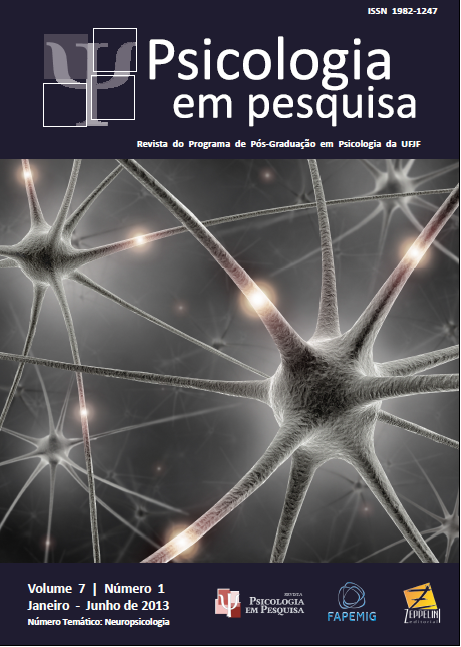Discourse Coherence and its Relation with Cognition in Alzheimer’s Disease
DOI:
https://doi.org/10.24879/201300700100259Palabras clave:
Discourse production, Alzheimer’s disease, coherence, cognitionResumen
This study investigates discourse coherence and its relation with cognitive deficits in Alzheimer’s disease (AD). Participants consisted,in two groups of individuals, 18 with AD in the moderate and moderate severe stages of cognitive decline, and 16 older adults without
dementia matched by age, sex and education. Discourse tasks differed according to the presence of non-informative and informa-
tive prompts. Verbal comprehension, semantic memory, episodic memory and working memory were tested. Findings showed that
global coherence was affected in AD participants. Correlations between discourse and cognitive variables were observed. The strongest
correlations found related global coherence to episodic and semantic memory in the informative prompt task. Results are discussed
according to clinical and theoretical implications for the understanding of discourse production in AD.
Descargas
Los datos de descargas todavía no están disponibles.















